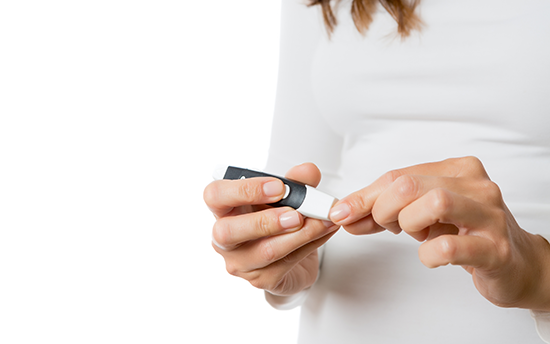Diabetes
Diabetics excrete increased amounts of sugar and other substances in urine.

Upon urinating diabetic patients release increased amounts of sugar and other substances, such as proteins, amino acids (arginine, carnosine, taurine, and the like.), as well as magnesium – of course depleting the body of constantly necessary substances.
- Diabetes leads to the intensification of glycation processes in parallel with the ever-increasing deficit of carnosine, which is one of the reasons (but not the only) why the arteries of diabetics are more easily subjected to the thickening of their walls and thus resulting in the development of arteriosclerosis. Its incidence is three times greater in diabetics (including myocardial infarction and cerebral vascular disorders) than in non-diabetics.
- Carnosine is suitable for all types of diabetes on the grounds that it reduces the risk of developing diabetic complications, i.e. heart disease, stroke, arteriosclerosis, renal and ocular complications.
- Carnosine is a substance that controls blood sugar levels through the H3 receptors of the autonomous (vegetative) nervous system. Animal testing has shown that pregnant rats with a lack of carnosine have a significantly higher risk of giving birth to diabetic offsprings. This is explained by the effect of carnosine, which improves the glucose tolerance of the fetus. Thus, carnosine may be a beneficial supplement for diabetic mothers, as it reduces the risk of diabetic disease in their children.